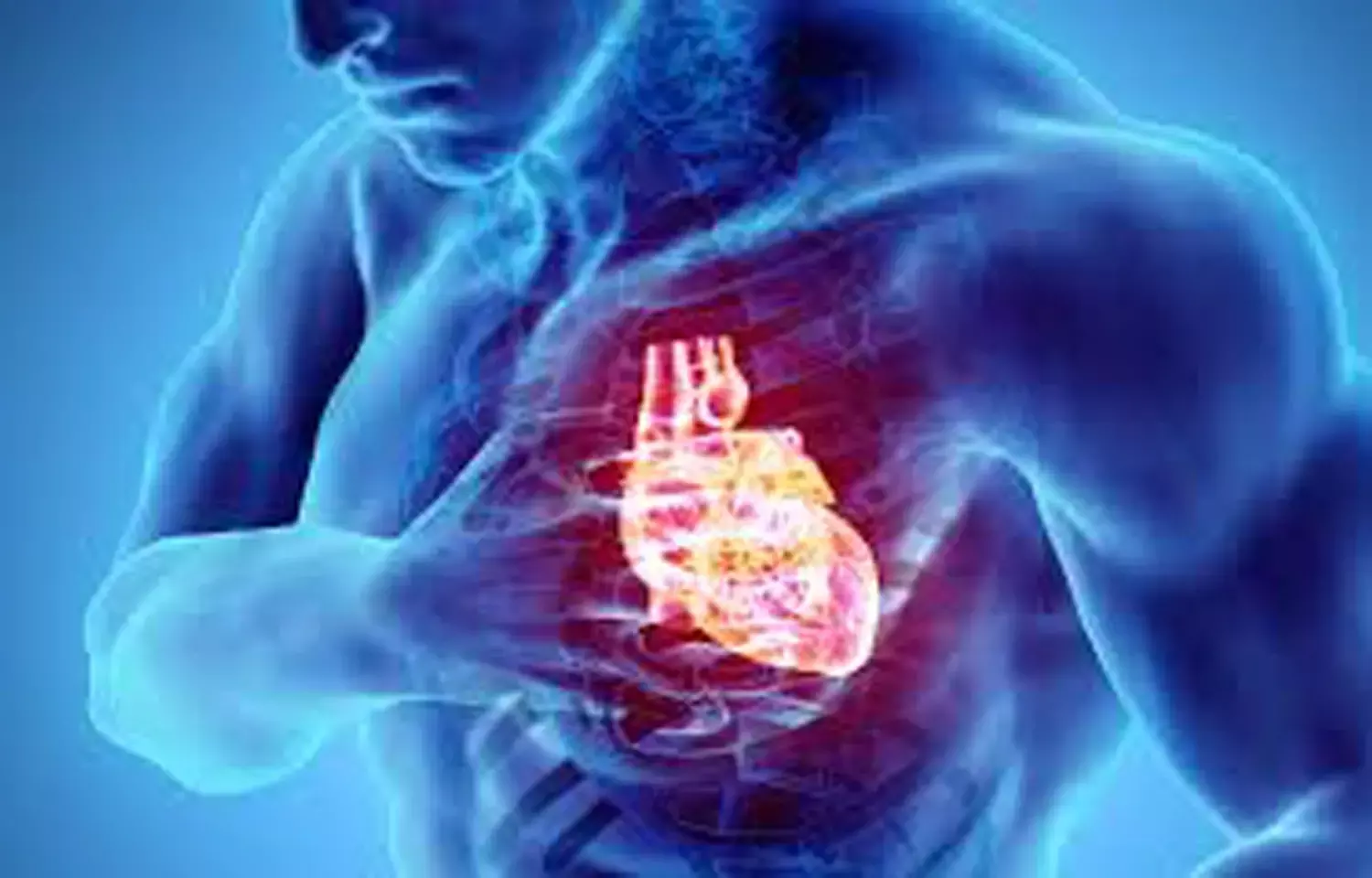- Home
- Medical news & Guidelines
- Anesthesiology
- Cardiology and CTVS
- Critical Care
- Dentistry
- Dermatology
- Diabetes and Endocrinology
- ENT
- Gastroenterology
- Medicine
- Nephrology
- Neurology
- Obstretics-Gynaecology
- Oncology
- Ophthalmology
- Orthopaedics
- Pediatrics-Neonatology
- Psychiatry
- Pulmonology
- Radiology
- Surgery
- Urology
- Laboratory Medicine
- Diet
- Nursing
- Paramedical
- Physiotherapy
- Health news
- Fact Check
- Bone Health Fact Check
- Brain Health Fact Check
- Cancer Related Fact Check
- Child Care Fact Check
- Dental and oral health fact check
- Diabetes and metabolic health fact check
- Diet and Nutrition Fact Check
- Eye and ENT Care Fact Check
- Fitness fact check
- Gut health fact check
- Heart health fact check
- Kidney health fact check
- Medical education fact check
- Men's health fact check
- Respiratory fact check
- Skin and hair care fact check
- Vaccine and Immunization fact check
- Women's health fact check
- AYUSH
- State News
- Andaman and Nicobar Islands
- Andhra Pradesh
- Arunachal Pradesh
- Assam
- Bihar
- Chandigarh
- Chattisgarh
- Dadra and Nagar Haveli
- Daman and Diu
- Delhi
- Goa
- Gujarat
- Haryana
- Himachal Pradesh
- Jammu & Kashmir
- Jharkhand
- Karnataka
- Kerala
- Ladakh
- Lakshadweep
- Madhya Pradesh
- Maharashtra
- Manipur
- Meghalaya
- Mizoram
- Nagaland
- Odisha
- Puducherry
- Punjab
- Rajasthan
- Sikkim
- Tamil Nadu
- Telangana
- Tripura
- Uttar Pradesh
- Uttrakhand
- West Bengal
- Medical Education
- Industry
Cancer treatment with Immune checkpoint inhibitors tied to more cardiac arrests; claims study

Activating the immune system to eliminate cancer cells and produce clinically relevant responses has been a long-standing goal of cancer research. Most promising therapeutic approaches to activating antitumor immunity include immune checkpoint inhibitors. Immune checkpoints are numerous inhibitory pathways hardwired in the immune system. They are critical for maintaining self-tolerance and modulating the duration and amplitude of physiological immune responses in peripheral tissues to minimize collateral tissue damage. Tumors regulate certain immune checkpoint pathways as a major mechanism of immune resistance. Because immune checkpoints are initiated by ligand-receptor interactions, blockade by antibodies provides a rational therapeutic approach.
According to a recent study published in European Heart Journal, ,among patients with lung cancer and malignant melanoma, immune checkpoint inhibitors(ICI) treated ones had increased rates of cardiac events.
Researchers undertook the study with the aim to estimate the risk of cardiac events in immune checkpoint inhibitor (ICI)-treated patients with lung cancer or malignant melanoma.
The study included consecutive patients with lung cancer or malignant melanoma in 2011–17 nationwide in Denmark. The main composite outcome was cardiac events (arrhythmia, peri- or myocarditis, heart failure) or cardiovascular death. Absolute risks were estimated and the association of ICI and cardiac events was analysed in multivariable Cox models.
Researchers included 25 573 patients with lung cancer.
Data analysis revealed the following facts.
- Of these, 743 were treated with programmed cell death-1 inhibitor (PD1i) and their 1-year absolute risk of cardiac events was 9.7% [95% confidence interval (CI) 6.8–12.5].
- Of the 13 568 patients with malignant melanoma, 145 had PD1i and 212 had cytotoxic T-lymphocyte-associated protein-4 inhibitor (CTLA-4i) treatment.
- Their 1-year risks were 6.6% (1.8–11.3) and 7.5% (3.7–11.3). The hazard rates of cardiac events were higher in patients with vs. without ICI treatment.
- Within 6 months from 1st ICI administration, the hazard ratios were 2.14 (95% CI 1.50–3.05) in patients with lung cancer and 4.30 (1.38–13.42) and 4.93 (2.45–9.94) in patients with malignant melanoma with PD1i and CTLA-4i, respectively.
- After 6 months, HRs were 2.26 (1.27–4.02) for patients with lung cancer and 3.48 (1.91–6.35) for patients with malignant melanoma and CTLA-4i.
For full article follow the link: https://doi.org/10.1093/eurheartj/ehaa884
Primary source: European Heart Journal
Dr Satabdi Saha (BDS, MDS) is a practicing pediatric dentist with a keen interest in new medical researches and updates. She has completed her BDS from North Bengal Dental College ,Darjeeling. Then she went on to secure an ALL INDIA NEET PG rank and completed her MDS from the first dental college in the country – Dr R. Ahmed Dental College and Hospital. She is currently attached to The Marwari Relief Society Hospital as a consultant along with private practice of 2 years. She has published scientific papers in national and international journals. Her strong passion of sharing knowledge with the medical fraternity has motivated her to be a part of Medical Dialogues.
Dr Kamal Kant Kohli-MBBS, DTCD- a chest specialist with more than 30 years of practice and a flair for writing clinical articles, Dr Kamal Kant Kohli joined Medical Dialogues as a Chief Editor of Medical News. Besides writing articles, as an editor, he proofreads and verifies all the medical content published on Medical Dialogues including those coming from journals, studies,medical conferences,guidelines etc. Email: drkohli@medicaldialogues.in. Contact no. 011-43720751


